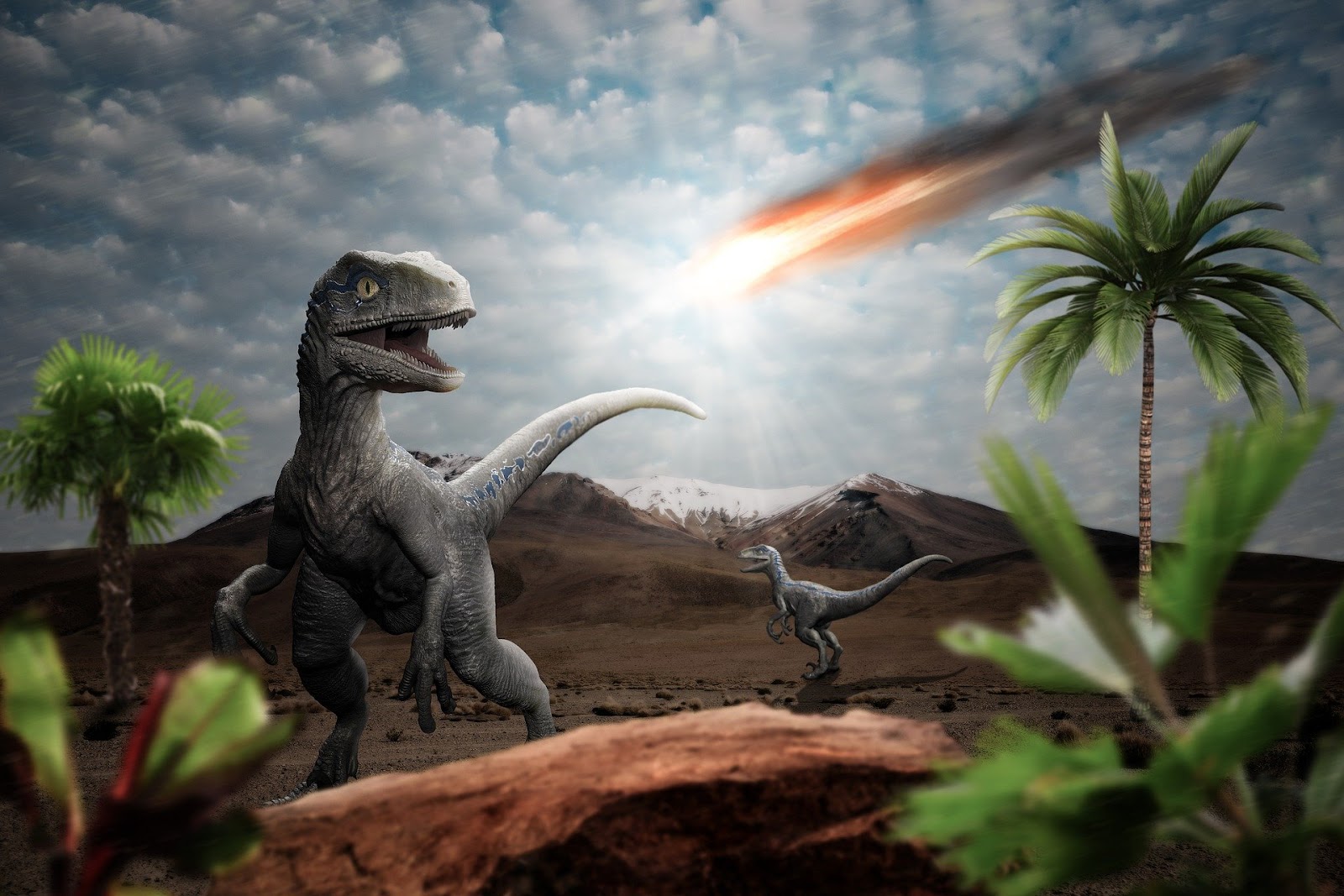What Is The Importance Of Geography? Importance of Geography in education, human life, and history
What Is The Importance Of Geography?
Geography is the study of the physical features of the Earth and its inhabitants. It is an important subject because it helps us understand the world around us. Geography teaches us about the different cultures and religions that exist in the world, and it also helps us understand the natural resources that are available.
Contents
- 0.1 What Is The Importance Of Geography?
- 0.2 Why is geography so important?
- 0.3 What is geography and importance of geography?
- 0.4 What is the importance of geography in education?
- 0.5 What does importance mean in geography?
- 0.6 Why is geography important in today’s world?
- 0.7 Why is geography important in primary school?
- 0.8 What do geography means?
- 0.9 What is the importance of geography in tourism?
- 0.10 How does geography impact our lives?
- 0.11 Why is geography important in high school?
- 0.12 What is good geography teaching?
- 0.13 Why is geography a science?
- 0.14 Who made geography?
- 0.15 Who is geography father?
- 0.16 What is geography and types of geography?
- 0.17 What are the 5 elements of geography?
- 0.18 Why is it important to study global culture and tourism geography?
- 0.19 Why is geography important in the 21st century?
- 0.20 Why Does geography matter to the world?
- 0.21 The importance of geography in human life
- 0.22 The importance of geography in history
- 0.23 Why Study Geography?
- 0.24 How do we use geography daily?
- 0.25 Why is geography important in the national curriculum?
- 0.26 Why is geography an important subject in the school curriculum?
- 0.27 Why Does geography matter in education?
- 0.28 How do you introduce geography to students?
- 0.29 What is geography teacher definition?
- 0.30 What is geography teaching methods?
- 0.31 What do geographers do?
- 0.32 Why geography is known as mother of all science?
- 0.33 What is geography PDF?
- 0.34 What are the 3 types of geography?
- 0.35 What is the nature of geography?
- 0.36 What are examples of geography?
- 0.37 What are branches of geography?
- 0.38 Why Is Geography Important?
- 0.39 How Important is Geography?
- 0.40 Geography: What is it for?
- 0.41 It’s Time to Make Geography Important | Keith Ratner | TEDxMashpeeED
- 1 FAQs about importance of geography
- 1.0.1 1. What is the main importance of geography?
- 1.0.2 2. What is geography and its importance?
- 1.0.3 3. What are the five importance of geography?
- 1.0.4 4. What are two importance of geography?
What Is The Importance Of Geography?
Geography helps students to understand the physical world, such as land, air, water, and ecology. It also helps them to understand human environments, such as societies and communities. This also includes economics, social and cultural issues, and sometimes morals and ethics.Nov 9, 2020
Why is geography so important?
Geography helps us to explore and understand space and place – recognising the great differences in cultures, political systems, economies, landscapes and environments across the world, and exploring the links between them.
What is geography and importance of geography?
Geography is all about connections of humans with spaces and places. Physical properties of the earth, such as mountain ranges and bodies of water, for example, can dramatically impact the way humans move, think, and act. Geography seeks to understand how physical landscapes shape human history.
What is the importance of geography in education?
It develops knowledge of places and environments throughout the world, an understanding of maps, and a range of investigative and problem solving skills both inside and outside the classroom. As such, it prepares pupils for adult life and employment.
What does importance mean in geography?
An event might be geographical significant if it cause ripples which make recognized changes to people and/or environments over space. A landform or place might be geographical significant if it be revealing through its representation of how a group thinks about place or space in general.
Why is geography important in today’s world?
Geography helps us understand basic physical systems that affect everyday life: How water cycles and ocean currents work are all explained with Geography. These are important systems to monitor and predict in order to help lessen the impact of disasters.
Why is geography important in primary school?
‘Geography teaching and learning should be an enjoyable, creative, stimulating and magical experience for pupils and teachers alike. ‘ Geography enables children to make sense of their world. … It must enable students to develop a connection and understanding of the world and their place within it.
What do geography means?
Geography is the study of places and the relationships between people and their environments. Geographers explore both the physical properties of Earth’s surface and the human societies spread across it. … Geography seeks to understand where things are found, why they are there, and how they develop and change over time.
What is the importance of geography in tourism?
Geography is the ideal discipline for studying the global tourism industry; as the key journal Tourism Geographies (under Journals) explains, there are many fundamentally geographical aspects to tourism which (1) “occurs in places, (2) is sold and begins in a place of origin and is consumed in destination places, (3) …
How does geography impact our lives?
Geography doesn’t just determine whether humans can live in a certain area or not, it also determines people’s lifestyles, as they adapt to the available food and climate patterns. As humans have migrated across the planet, they have had to adapt to all the changing conditions they were exposed to.
Why is geography important in high school?
Geography helps students to think more intelligently about complicated and unresolved issues: global warming, international population movements, food security or where to build new homes. The subject is concerned with real world learning and making sense of the world first hand, or ‘in the field’.
What is good geography teaching?
Good geography teachers set high expectation of their students – for their geographical knowledge and understanding, the quality of their work and their behaviour. … You need something to exemplify success criteria if your students are to understand what they are looking to achieve.
Why is geography a science?
Geography encompasses both natural science and social science as it examines people and their environment and serves as a bridge between the physical and cultural worlds. … Some specialize in physical geography studying the natural environment, including the analysis of climate, vegetation, soils and landforms.
Who made geography?
EratosthenesThe first recorded use of the word geography was by Eratosthenes, a Greek scholar who lived from 276–194 BC who is credited with creating the discipline of geography (Eratosthenes’ Geography.
Who is geography father?
b. Eratosthenes – He was a Greek mathematician who had a profound interest in geography. He was the founder of Geography and holds the credit to calculate the circumference of the Earth. He also calculated the tilt axis of the Earth.
What is geography and types of geography?
Geography is defined as the scientific study of earth’s lands, its features, its inhabitants and the phenomena surrounding the earth. … Geography can be divided into three main branches or types. These are human geography, physical geography and environmental geography.
What are the 5 elements of geography?
Five Themes of geography:- Location.
- Place.
- Human-Environment Interaction.
- Movement.
- Region.
Why is it important to study global culture and tourism geography?
Students will develop an understanding as well as a sense of responsiveness for cultural values and traditions that exist beyond their own culture. …
Why is geography important in the 21st century?
In this ever changing, interdependent world, students need a geographic awareness that includes familiarity with different cultures, beliefs, and lifestyles to understand and address global issues.
Why Does geography matter to the world?
Geography helps us understand how past societies and environments developed, which provides the context for the present and helps us to plan for our future. Geography helps us answer the question of “how do we wish to live?” in an informed way.
The importance of geography in human life
Geography is one of the most important, if not the most important, sector of social life. We are often unaware of the major role that it plays in our lives. We are used to thinking of life as a series of units that we deal with one by one, but in a geographical sense there is no ‘individual’; our lives, our problems, our satisfactions, all make up one whole. A man and his wife, their children, their neighbours and their friends all make up a unit. We may live in separate houses, be of different nationalities, belong to different communities and so on, but each of these units will have its own geography. Everything that is in that unit has its geography. We cannot imagine life without geography – it makes the units of which we are a part as though they were separate. Geography is part of us, therefore it is necessary to know about it.
See also what is the most likely reason that the steam locomotive was developed soon after the steamboat?The importance of geography in history
Before history was learned by ‘modern’ historians and geographers, geography was the first subject studied in elementary schools. It was geography that helped the young to learn history, because it taught them how to know where they were and why. Geography, or at least the practical applications of geography, like mapping and measuring land, travelling and working, was indispensable to the making of history. If you only know what you are looking at, it is possible to get your bearings. If you don’t know where you are, or why you are where you are, you cannot understand the reasons why some things have been done in the past, which may make you do things yourself. We can see that even the stage of ‘foundational development’ laid down by historians as geographers gives us a glimpse of the importance of geography to history.
Why Study Geography?
For example, when we talk about ‘the life of man’, and ask ourselves why it has been like this in the past, we are looking at history. Geography helps us to see where we are, and why. When we ask the same question of what is happening today, we can point to things like the natural resources, or the boundaries of countries, and say this is how it was then, and that’s how it is now. The science of geography is concerned with two kinds of things:
- First, to understand how things are, where they are, and why they are where they are.
- Secondly, it is concerned with how things are in relation to each other – where they are, and how to bring them together. Geography is concerned with the movements of people and goods, how they connect, or don’t connect.
It is concerned with ways that land masses fit together, and the movement of these land masses through time. It is concerned with the dynamics of geographic change – it’s all about the process, not just the result. Consider the world map that you probably have in your school atlas – it was one of my first geography studies.
How do we use geography daily?
10 Ways Geography has everything to do with Your Everyday Life- GPS. Global Positioning System (GPS). …
- Maps. We all use them. …
- Online food delivery services. Ever track a Domino’s delivery to see its progress? …
- Google Earth. …
- Transit Applications. …
- United Parcel Service. …
- Weather and Climate. …
- Sports Teams.
Why is geography important in the national curriculum?
Geographical knowledge, understanding and skills provide the frameworks and approaches that explain how the Earth’s features at different scales are shaped, interconnected and change over time.
Why is geography an important subject in the school curriculum?
Geography’s distinct contribution to the school curriculum is that it teaches students essential knowledge about the world and their own place, contributes to their personal development, equips them with a unique range of specialised skills, develops a specifically geographical way of understanding, and examines …
Why Does geography matter in education?
“Geography enables students to understand their world locally to globally, make wise decisions about the planet and its resources, and become critical thinkers,” said Kerski.
How do you introduce geography to students?
Begin with simple maps with familiar landmarks to help students understand map terminology, such as coordinates, latitude, longitude, legend, and scale. Discuss the compass rose and practice with directions to deepen understanding.
What is geography teacher definition?
History compares and contrasts information within the framework of chronology, while geography organizes its information within the context of the spatial environment. …
What is geography teaching methods?
Among all the methods of teaching geography, Project method is the most important which is frequently applicable to teaching-learning process. It is a method which stands against the traditional method of teaching where the theoretical knowledge from the book is accepted 01 received by the students.
What do geographers do?
Geographers use maps and global positioning systems in their work. Geographers study the Earth and the distribution of its land, features, and inhabitants. They also examine political or cultural structures and study the physical and human geographic characteristics of regions ranging in scale from local to global.
Why geography is known as mother of all science?
Geography is often times called the “mother of all sciences” because geography is one of the earliest known scientific disciplines that date back to the original Homo-sapiens who migrated out of eastern Africa, into Europe, Asia, and beyond. … A cartographer is someone who is skilled in the science and art of map-making.
What is geography PDF?
Geography is the study of the. location and distribution of living things, earth’s features, and natural resources. In essence, Geography is concerned with the. a) Location. b) Spatial and distribution of living and non-living things patterns and relations.
What are the 3 types of geography?
There are three main strands of geography:- Physical geography: nature and the effects it has on people and/or the environment.
- Human geography: concerned with people.
- Environmental geography: how people can harm or protect the environment.
What is the nature of geography?
Geography is the study of the earth as a home of man, and various phenomena related to it. Therefore, geography is the study of the physical environment in relation to man. … The earth is dynamic in nature. Hence, we find variations in its physical and cultural/social environments.
What are examples of geography?
The definition of geography is the study of the Earth. An example of geography is the study of where the states are located. An example of geography is the climate and natural resources of the land.
What are branches of geography?
Geography is divided into two main branches: human geography and physical geography. There are additional branches in geography such as regional geography, cartography, and integrated geography. Learn about the different branches of geography in this article.
Why Is Geography Important?
How Important is Geography?
Geography: What is it for?
It’s Time to Make Geography Important | Keith Ratner | TEDxMashpeeED
FAQs about importance of geography
1. What is the main importance of geography?
It is the science of location, time and space . Geography is the study of how places are formed, why they change and how they affect the lives of people. Geography is linked to ecology, economy, politics and the media. The concept of geography plays a key role in preparing for life or national development by providing enough information about place to plan efficient living and to promote stable national development.
2. What is geography and its importance?
Geography is the study of the physical features of the Earth, its land, water and atmosphere. It is linked to life, community and economy. Geography is the main contribution to the field of physical geography. This is because geography provides information on life, environment and community.
3. What are the five importance of geography?
Geography is important because it studies the physical features of the Earth. Geography helps us learn how places are formed, why they change and how they affect the lives of people. It is important for governments to have a good understanding of geography. They need this information so they can develop policies and plans that meet the needs of their people and communities.
4. What are two importance of geography?
Geography is important because it studies the physical features of the Earth. Geography helps us learn how places are formed, why they change and how they affect the lives of people.





